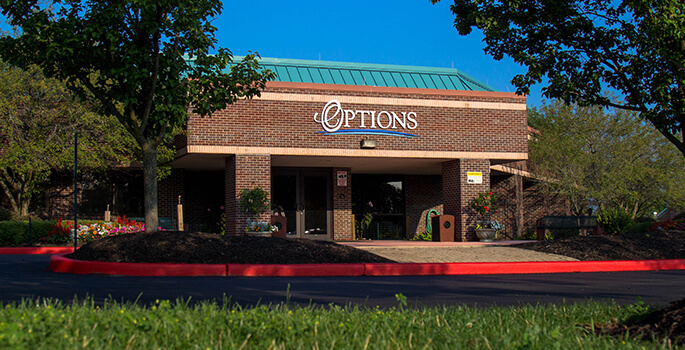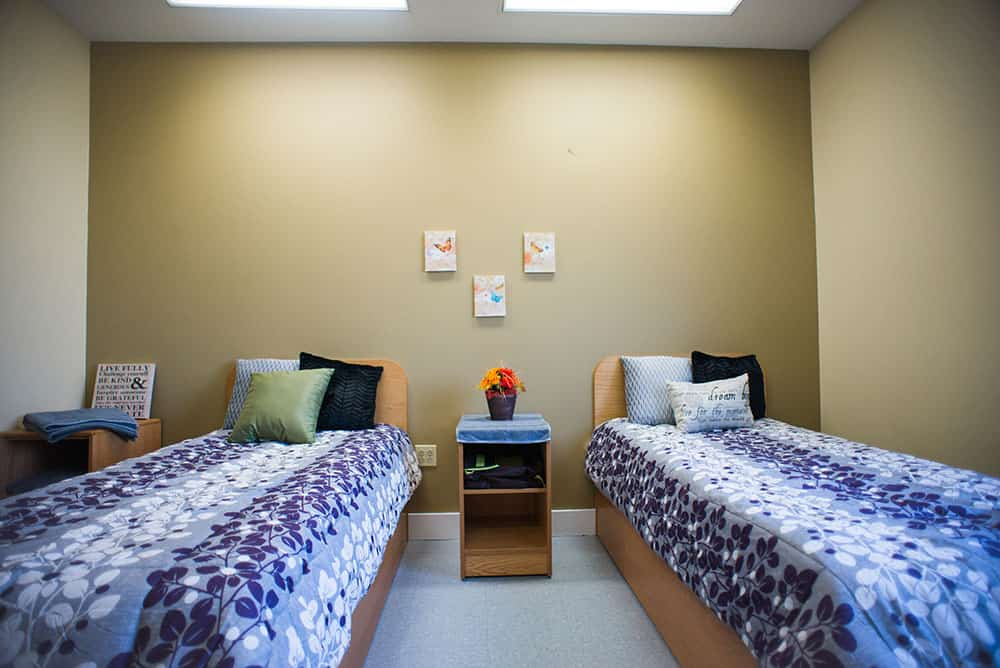Understanding the signs, symptoms, causes and effects of depression is an important first step toward healing and recovery.
Understanding Depression
Learn about depression
Major depressive disorder, or major depression, is a far more serious condition than feeling sad for a couple of days. People struggling with major depressive disorder experience emptiness and despair in almost every facet of their lives. Depression makes functioning on a day-to-day basis feel difficult, if not impossible. Sometimes, the very act of getting through the day may feel like it takes a herculean effort. While depression hurts terribly, it is a treatable mental illness that, with the right amount of therapies and medications, gets better. It is possible for you to live a full and happy life.
While most people experiencing major depressive disorder report feelings of sadness, others may feel empty inside, lifeless, and apathetic about things they once enjoyed in their lives. Since the symptoms of major depressive disorder vary from person to person, sometimes people with this disorder may not realize they are struggling with depression because they don’t consider their symptoms to be the norm. This misconception can impede the individual from seeking and receiving the treatment they need to recover.
Major depression is regarded as an inability to find joy in life and experience pleasurable feelings. The symptoms of major depressive disorder are constant and span from moderate to severe. If left untreated, depression generally lasts approximately six or more months. Certain people experience only a single depressive occurrence during their lifetime, but more often, major depressive disorder reoccurs many times throughout a lifetime.
Major depressive disorder can make you feel as though you lack control over anything in your life. You may feel helpless and hopeless, scared and alone. At Options, we understand depressive disorders and have helped many individuals just like you successfully recover from depression and go on to live a happy, fulfilling life.
Statistics
Depression statistics
The National Alliance on Mental Illness (NAMI) states that major depression impacts about 14.8 million adults within the country, or roughly 6.7% of individuals ages 18 and older. The National Institute of Mental Health (NIMH) reports that depression amongst adults commonly occurs between ages 18-25, followed closely behind the 26-49 age group. After that comes the 50-and-above age group. Depressive disorders are more common in adult women than adult men. The 12-month prevalence of a major depressive episode is 8.1% for adult women, while it only affects approximately 5.1% of adult men in the country.
Causes and Risk Factors
Causes and risk factors for depression
Although no single root cause for major depression has been identified, it’s thought that major depressive disorder is likely the result of genetic, biological, environmental, and psychological factors all working together. Some of these factors may include:
Genetic: Some types of depression tend to run in families. However, many individuals who have no prior family history or this disorder are able to develop depression as well.
Brain Structure: Depressive disorders are disorders of the brain. Magnetic resonance imaging (MRI) has noted that the brains of individuals who have depression appear different, especially the areas involved in mood, thinking, sleep, appetite, and behavior, when compared to the brains of those who do not have depression.
Environmental: Individuals who have recently suffered tremendous losses and lack the social support needed to overcome these losses are more susceptible to depressive disorders. In addition, problems in interpersonal relationships, financial stresses, and unemployment may also lead to the development of major depressive disorder. Early childhood abuse is another risk factor for developing depression.
Psychological: Many individuals who struggle with major depressive disorder have other co-occurring disorders, such as anxiety disorders. Other individuals may attempt to self-medicate their depression symptoms with drugs or alcohol, which only makes the depression worse in the long-run.
Signs and Symptoms
Signs and symptoms of depression
Many of the symptoms of major depressive disorder do not appear to be related to depression at all, which can make treatment and diagnosis a challenge. It’s important to remember that symptoms of major depression don’t have to involve a constant state of sadness – they can include other problems as well. Symptoms of depression may include the following:
- Persistent sadness
- Feeling empty inside
- Mood swings
- Anxiety
- Difficulty sleeping
- Being short-tempered with well-meaning people
- Decreased social interaction
- Irritability
- Restlessness
- Spending more time alone
- Withdrawing from once-pleasurable activities
- Acting aggressively
- Engaging in reckless behaviors
- Sleeping too much
- Decreased concentration
- Once-easy tasks feel challenging
- Lack of energy
- Trouble with memory
- Overeating
- Not eating at all
- Weight loss or gain
- Entire body feels heavy
- Unexplained aches and pains, especially headaches, muscle aches, and stomach pain
- Feeling hopeless
- Feeling empty inside
- Using drugs or alcohol to self-medicate symptoms of depression
- Feeling as though life isn’t worth living
- Inability to control negative thoughts
- Loss of joy or pleasurable feelings
- Self-loathing
- Guilt
- Feeling worthless
Effects
Effects of depression
The effects of untreated major depressive disorder can impact nearly every part of an individual’s life. These effects may vary from person to person, but all share one thing in common: they lead to major distress. The most common effects of untreated major depressive disorder include the following:
- Crumbling interpersonal relationships
- Addiction to drugs and/or alcohol
- Social isolation
- Increased illnesses
- Decreased libido
- Increasing sleep problems
- Self-harm
- Suicidal thoughts and behaviors
- Suicide










